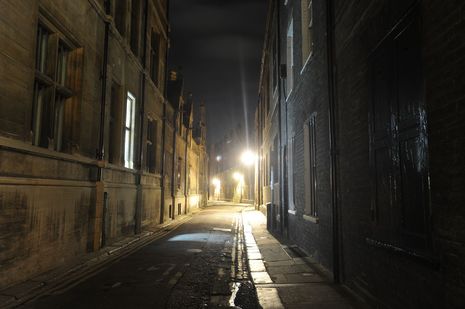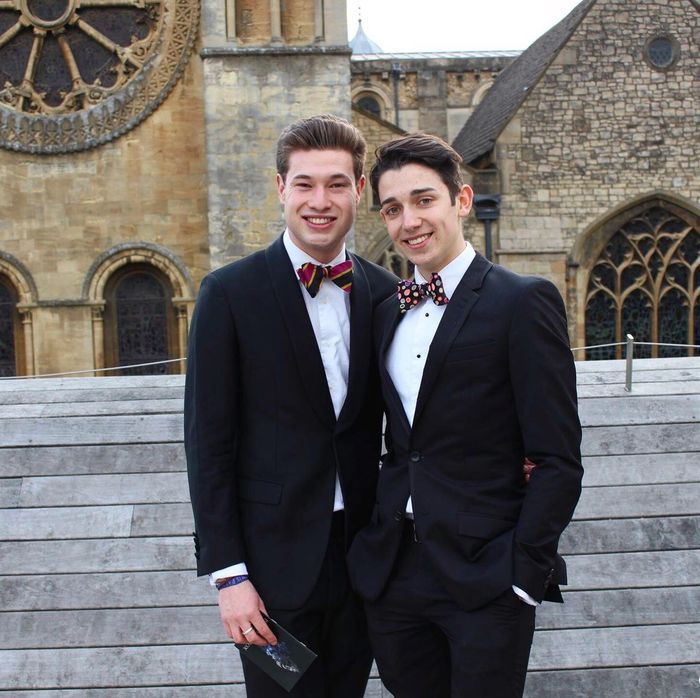Sexual harassment in and out of lockdown
The narrative around sexual harassment must acknowledge “that it is representative of a culture that sanctions and validates the sexualisation of women’s bodies from an early age,” writes Isobel Bruce.
Content Note: discussion of sexual harassment.

BEEEP, I turned my head to see the car with two men in the front seats speeding past me. This was the fifth such interaction (if it can be called that) from my hour long walk.
I arrived home anxious and uncomfortable, and tried to work out why I was so taken aback by the incidents that afternoon. I realised most of my shock stemmed from an almost complete absence of such interactions over the past 3 months in lockdown. At university, my friends and I regularly laugh off what in reality are sometimes very scary incidences of catcalling or being approached in bars or clubs. I used to dread walking home from the library late at night, due to the unfiltered “compliments” bellowed at me across the street.
However, we learn to incorporate these events into our conversations as humour, ‘Can you believe what just happened? Too funny to imagine he thought that line would ever actually work...’ Through comments like these, we hide our anxiety with laughter and accept that these comments and interactions are simply a part of life. There appears to be little point in making a fuss over something which seems so small.
"And yet the insistence that we text each other when we get home or call someone on the way, seems to be an indirect acknowledgement of the danger that we face."
And yet the insistence that we text each other when we get home or call someone on the way, seems to be an indirect acknowledgement of the danger that we face. Until my walk last week, I hadn’t ever realised that these minor infractions into my personal space had any impact on me. But distanced from normality, and to some extent even from other people entirely in my tiny village, I found myself questioning the “acceptability” of these actions to an extent I never had before.
Amongst this discussion, it is important to recognise that experiences of sexual harassment in lockdown are not all the same. The incidence of domestic abuse has surged, and there is real concern that those who need to access shelters are unable to gain it. In a survey by Plan International UK, one in ten girls reported unwanted sexual attention, sexual or physical contact, or indecent exposure during the lockdown period. One third of girls also resorted to stopping themselves from stepping out of the house at some point during lockdown, in fear of such interactions.
These figures stand testament to the extent of the issue at hand, that even during a period of limited social interaction the problem of public sexual harassment continues. It also makes the prospect of returning to normality once again more unsettling. It seems somewhat inevitable that coupled to that will be a continued normalisation of everyday interactions that make us uncomfortable. Reflecting on my walk, I wondered whether I had entirely forgotten the coping mechanisms developed over many years against harassment: don’t make eye contact, move away from them, ignore the comments as much as possible. These were strategies I had adopted almost unconsciously, an unspoken part of the process of growing up.
It is impossible to imagine a world in which these things never occur, but the way we talk about them with our friends can change. The narrative around sexual harassment in everyday life needs to move away from an instinct to brush it off and forget about it, to acknowledging that it is representative of a culture that sanctions and validates the sexualisation of women’s bodies from an early age.
The #MeToo movement, which encouraged women to openly share their stories of sexual harassment, caused a huge storm globally, and demonstrated the shocking prevalence of such incidents. In a post lockdown world, attention needs to be drawn again to the issue of sexual harassment, presenting it as a problem as opposed to something which can be normalised.
 News / Eight Cambridge researchers awarded €17m in ERC research grants27 December 2025
News / Eight Cambridge researchers awarded €17m in ERC research grants27 December 2025 News / Clare Hall spent over £500k opposing busway 24 December 2025
News / Clare Hall spent over £500k opposing busway 24 December 2025 Comment / League tables do more harm than good26 December 2025
Comment / League tables do more harm than good26 December 2025 News / Caius mourns its tree-mendous loss23 December 2025
News / Caius mourns its tree-mendous loss23 December 2025 Comment / The ‘class’ of Cambridge24 December 2025
Comment / The ‘class’ of Cambridge24 December 2025










